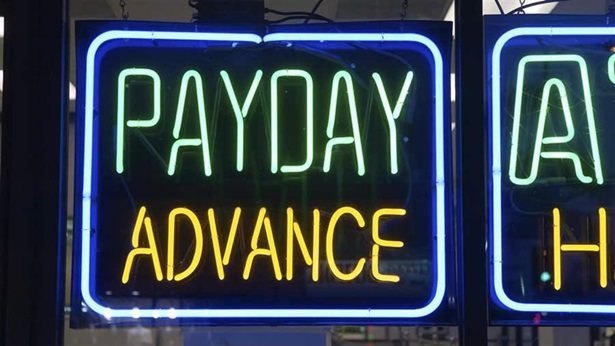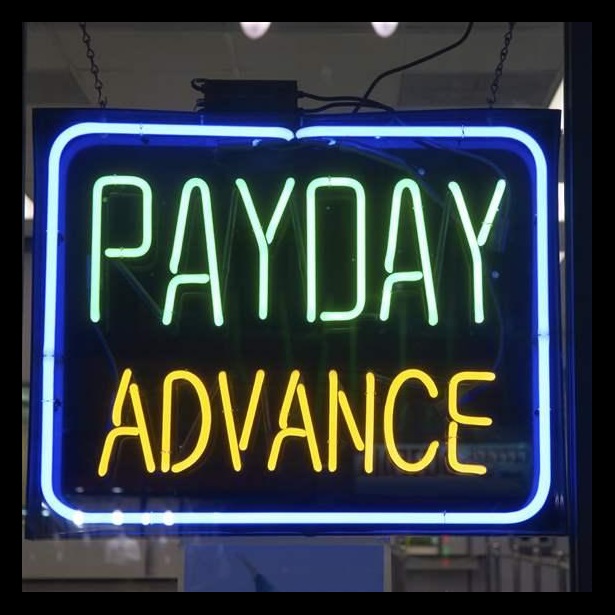Pew: CFPB’s Proposed Payday Loan Rule Misses Historic Opportunity
Instead of saving borrowers billions in lower-cost loans, agency would still expose them to harmful lending
Washington—The Pew Charitable Trusts warned today that the Consumer Financial Protection Bureau’s proposed rule on payday and auto title lending lacks clear product safety standards, makes it too easy for payday lenders to continue making harmful loans, and fails to encourage banks and credit unions to enter the market and make lower-cost loans.
Payday lenders have direct access to a borrower’s checking account or, in the case of auto title lenders, the power to repossess a borrower’s vehicle. Each year, 12 million Americans take out payday loans, spending $9 billion on loan fees. An additional 2.5 million take out auto title loans annually at a cost of $3 billion.
Pew’s small-dollar loans project has conducted extensive research on this high-cost loan market over the past five years, and the findings show that although payday and auto title loans offer quick cash, the unaffordable payments lead consumers to take out additional loans to cover expenses, creating a cycle of debt. Both borrowers and the general public strongly favor payday loan reform. The CFPB draft rule, released June 2, is the first federal proposal to regulate payday and auto title loans.
Nick Bourke, director of Pew’s small-dollar loans project, issued this statement on the proposal:
“Payday loan reform is urgently needed, but without changes, the CFPB’s draft regulation misses the mark. Pew’s research shows that borrowers want three things: lower prices, manageable installment payments, and quick loan approval. The CFPB proposal goes 0 for 3.
“The rule will help by pushing lenders to make installment loans instead of requiring full payment at the next payday. That will represent a major improvement, but it is not enough to make these loans safe. A $400 payday installment loan, for example, will still cost a typical borrower more than $350 in fees.
“The rule also lacks the clear, simple guidance that would pave the way for better alternatives from banks and credit unions. Banks were preparing to offer loans at prices six times lower than payday lenders, but without the regulatory certainty of a clear product safety standard the CFPB’s proposal will stop that pro-consumer innovation in its tracks. As a result, the CFPB is missing an historic opportunity to save millions of borrowers billions of dollars.
“But there is still time for the CFPB to fix the proposal. The agency needs to ensure that the final rule includes clear product safety standards, such as limiting each installment loan payment to 5 percent of a borrower’s paycheck and giving borrowers up to six months to repay. These are the two essential safeguards that research shows are needed in the small-dollar loan market.”
# # #
The Pew Charitable Trusts is driven by the power of knowledge to solve today’s most challenging problems. Learn more at www.pewtrusts.org.













